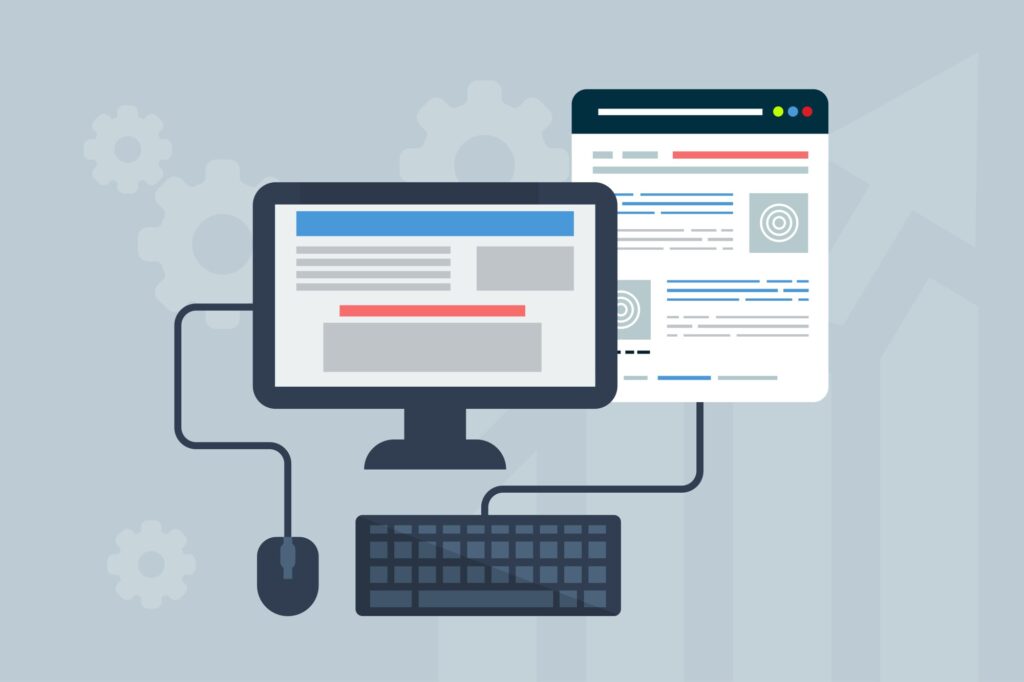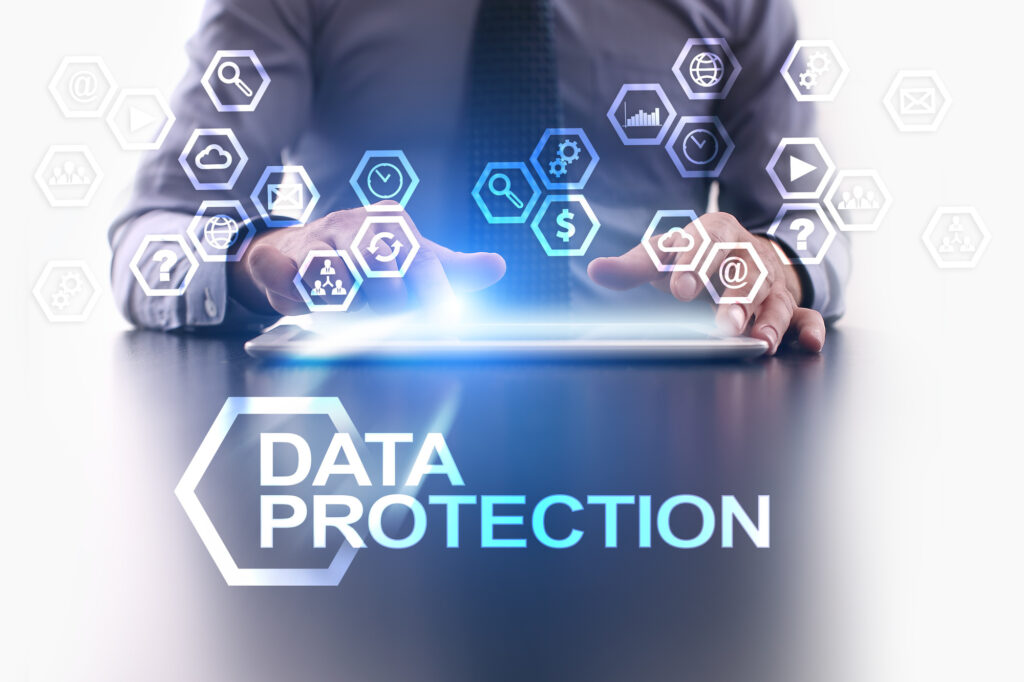7 Cybercrime Prevention Tips for Modern Businesses
January 12, 2018
CloudEmailSecurityTechnologyWebsite
Cybercrime prevention is becoming an increasingly important concern for modern businesses.
Did you know that over the next 5 years cybercrime damages could cost over six trillion US dollars every year?
Many businesses invest a lot of money into security for the office buildings and staff. But they also overlook security of the business' information, knowledge and data.
Whatever the industry or size of the business, cybercrime prevention is crucial to ensuring the security is prioritized.
Keep reading to find out our 7 cybercrime prevention tips for modern businesses.
1. Promote Cybercrime Awareness
One of the best ways to guard your company against cybercrime is by educating and informing your staff about cybercrime prevention.
This is especially important for staff who operate computers and other online devices because they could be vulnerable to cyber threats.
There are many simple measures that your staff can take to protect your company against cybercrime. They could use secure passwords and store files and data safely.
If staff only have access to the information that they require to carry out their tasks, this could reduce the cyber threats significantly too.
Warning Signs
By teaching your employees to recognize warning signs, you could also enhance your cybercrime prevention strategy.
We've all received emails from people we don't know urging us to click on a link. This is a sign that something isn't right.
The most important thing when receiving emails is to make sure you recognize the sender. But be especially careful because some appear genuine even though they're not.
Cyber-criminals use a process called phishing to get your data. All it requires is for you to click on a link, image or video on the email.
Urge your staff to consider if the message makes sense.
Is the sender asking for a payment? Is the message filled with spelling errors?
If you suspect the email or file is not genuine, delete it immediately.
2. Secure Passwords
One of the easiest ways to improve the cybercrime prevention measures of your company is by training your staff to use smart and secure passwords.
What Makes a Good Password?
Don't allow your employees to use simple passwords such as "123456789" or "password". Although your staff may complain about being required to use complex and long passwords, it's worth it to secure your company against cybercrime.
The best passwords involve a mixture of numbers, symbols, and letters (upper-case and lower-case). Also, using the same password more than once should also be avoided. By using multiple passwords, even if a hacker breaks into one account, they can't break into any more accounts.
Of course, some accounts contain more sensitive information than others. The type of account can determine how strong the password needs to be.
You should also encourage your staff to regularly change their passwords. This helps to add greater security to your data.
3. Install Cybercrime Prevention Software
Does your business have anti-virus software already installed on your computer network?
You need to make sure your company has malware, spyware as well as firewall software installed. This needs to be on any business in your company. This will help you to identify and eliminate cyber threats before they can become effective.
Even if you don't think your computer has ever been infected by a virus, without virus scanner you can't be sure that your online network is safe.
4. Secure Smartphones and WiFi
Smartphones and other Internet-enabled devices such as tablets are increasingly being targeted by cybercriminals.
Many people aren't aware of how vulnerable their smartphone is to cybercrime. But staff have to make sure that antivirus and other security measures need to be maintained on smartphones as well as computers and laptops.
This is particularly the case if your employees are using their smartphones on the company WiFi connection. If they download software or apps this could threaten the rest of your system.
While many small companies allow employees to bring their devices with them to work, this increases the risk of cybercrime. By raising awareness of the vulnerability of mobile devices you can ensure your staff takes precautions.
5. Separate Personal and Professional Accounts
The consequence of not separating personal and professional accounts was a crucial part of the US presidential election. But the lesson can also be for businesses. By having separate emails accounts for your staff, you can further improve your cybercrime prevention strategy.
You should make sure that your staff is definitely using different passwords for the two accounts.
6. Back Up Your Data Regularly
It's important to have systems in place to make sure you have your data backed up in the case of a cyber attack. This avoids the worse possible scenario of losing all your information and data.
This involves determining which data needs to backed-up. It's probably not necessary to back up everything. But sensitive data needs to be a priority.
And then, you need to establish a secure place to secure the data. It's best to secure the data on a separate computer or server. Another possibility is by using a cloud storage service.
7. Delete Redundant Accounts
Does your business have accounts and software that is no longer in operation?
If you haven't already deleted them, you should do this as soon as possible. If you don't, then this could serve as another access point for cybercriminals to penetrate your company.
What's Your Cybercrime Prevention Strategy?
What are you doing to ensure you have a strong cybercrime prevention strategy? Which aspects of your business could be vulnerable to hacking?
There are always emerging ways that cybercriminals can attack your security system. However, by following these tips you're going in the right direction towards securing your business against cybercrime.
And if you need help, we are only a call away.



